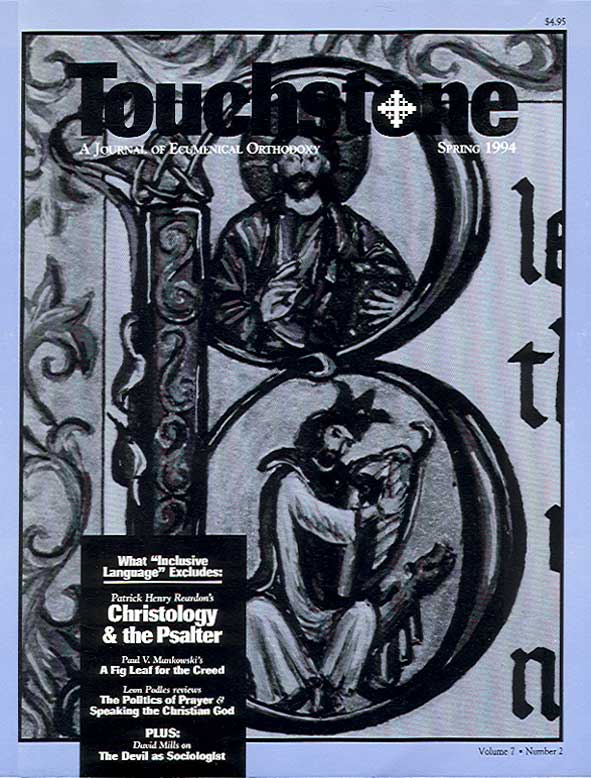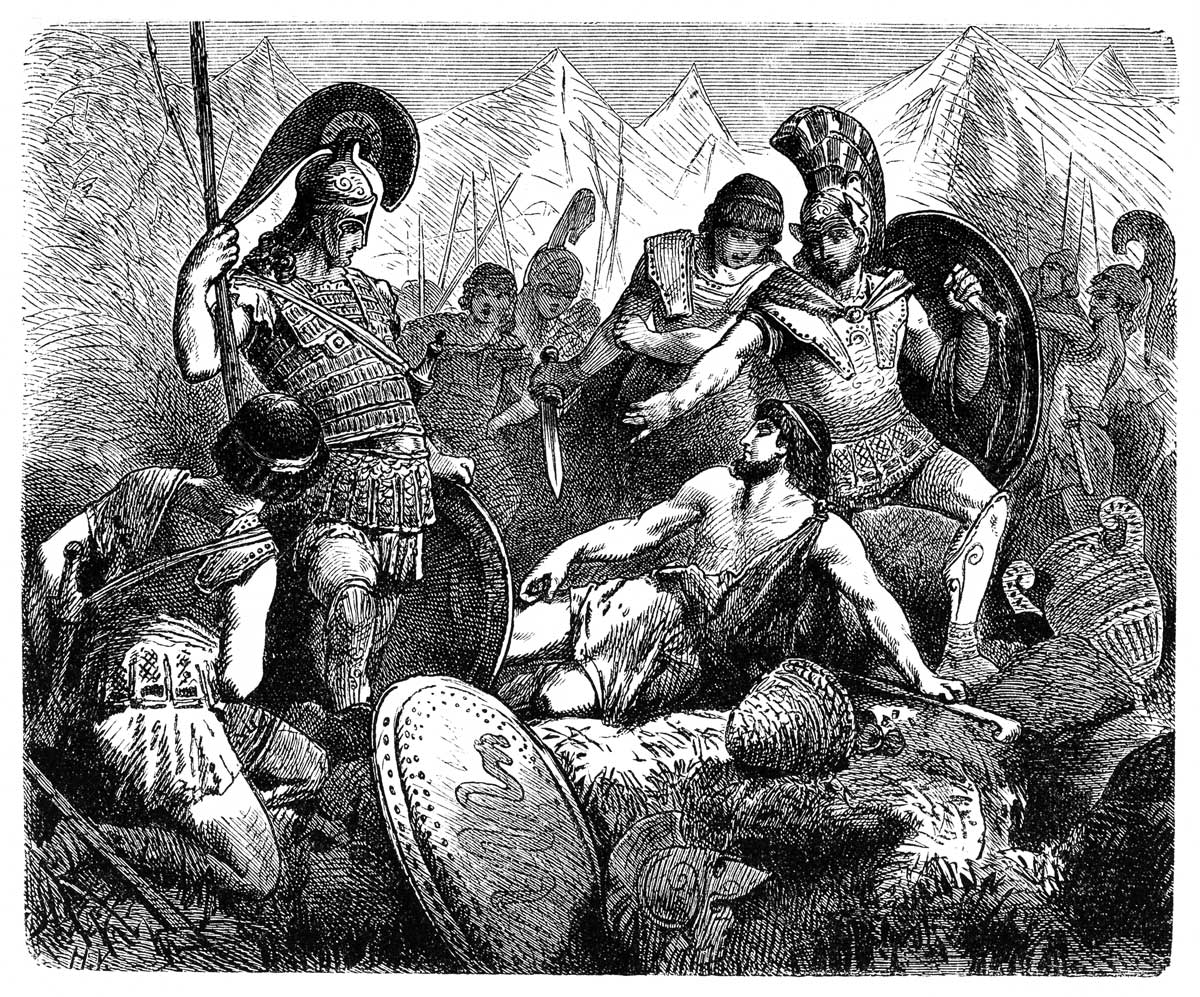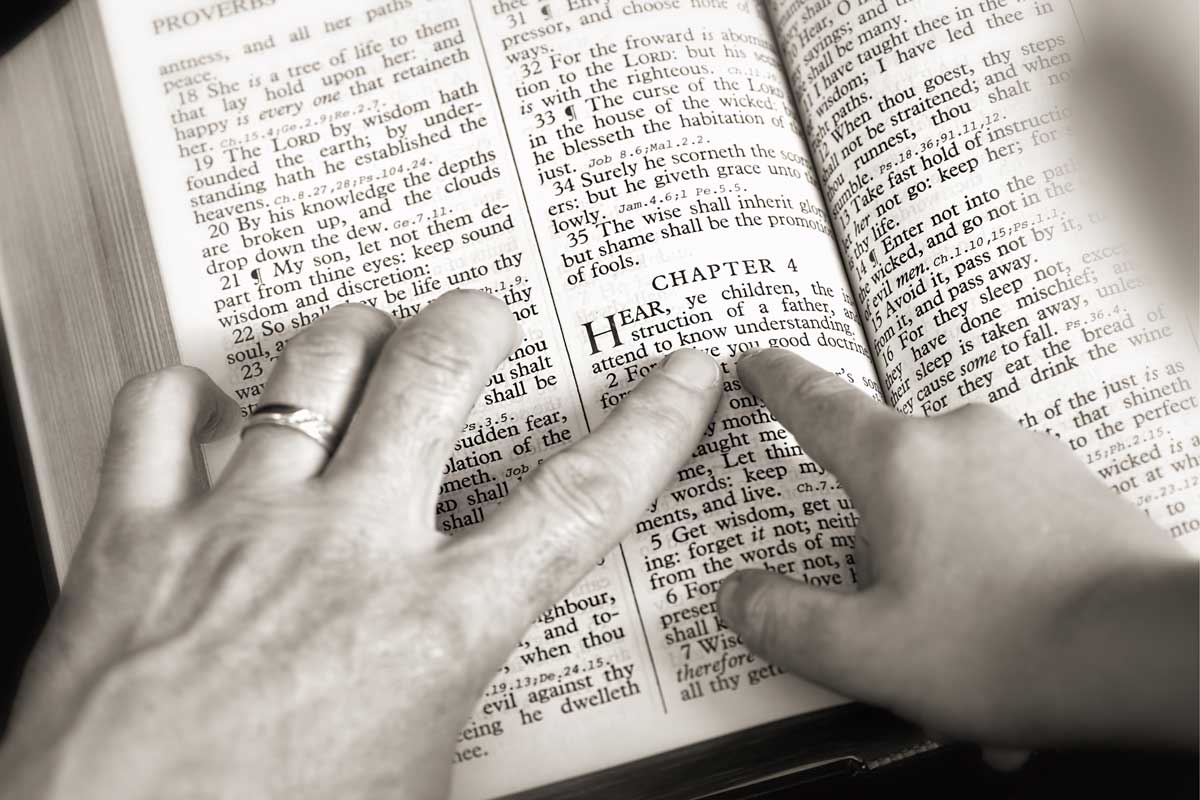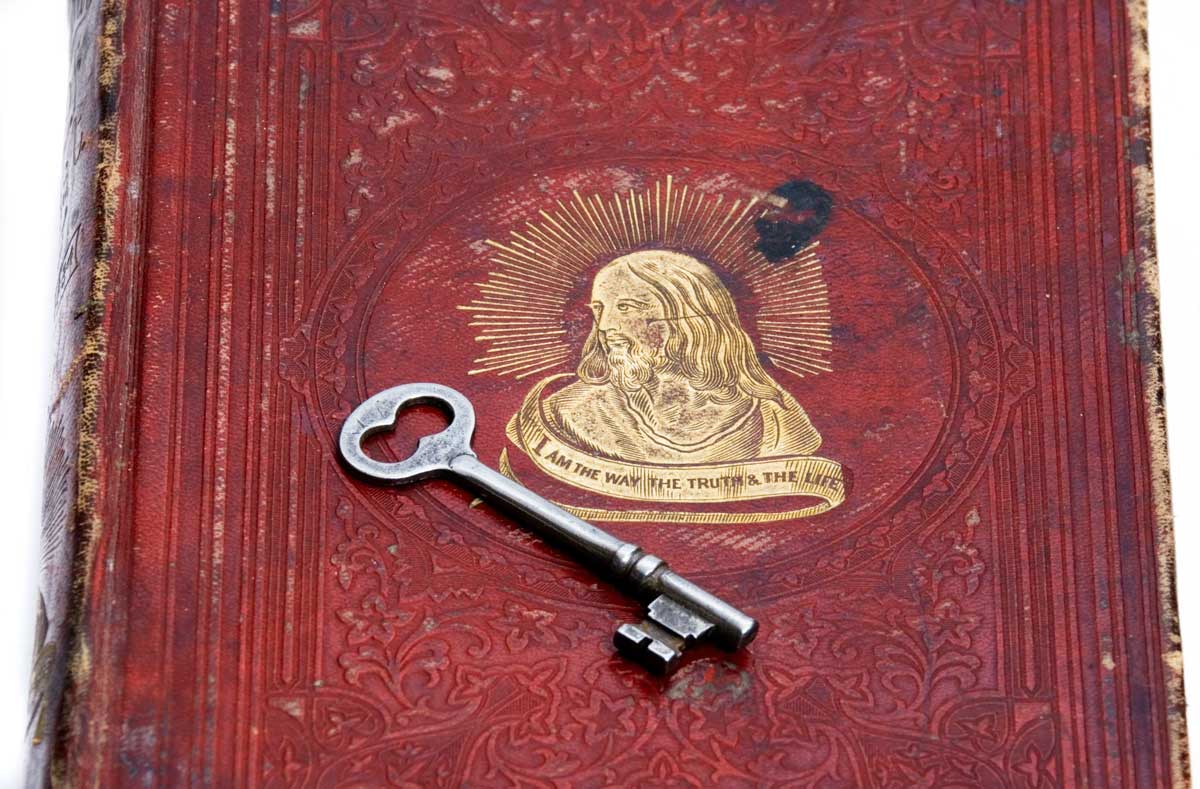The Chief Sinner
by Thomas S. Buchanan
“The saying is sure and worthy of full acceptance, that Christ Jesus came into the world to save sinners. And I am the foremost of sinners.”
—1 Timothy 1:15
In the Divine Liturgy of the Orthodox Church a prayer is said by all just prior to the Eucharist. In this prayer, each member of the congregation proclaims that he is the chief sinner:
“I believe, O Lord, and I confess that you are truly the Christ, the Son of the Living God, who came into the world to save sinners, of whom I am chief.”
Because of my training as a scientist, I first found the corporate use of this prayer to be somewhat illogical. How could we all be the chief sinner? Surely, only one of us could be the chief sinner. Of course, if the chief of all sinners is in the room praying with us, then he is the only one being honest in this prayer and the rest of us are liars. And then, the notion that the chief sinner is the only honest one in the room does not make much sense either. Thus, once again I found that Western rationalism had bumped into Eastern theology and left me scratching my head.
Over time, I’ve grown to appreciate the nature of this paradox. Of course, the concept of being the chief sinner comes from St. Paul’s words to Timothy. This is the same Paul who told the Corinthians to “be imitators of me” (1 Cor. 4:16). In his heart of hearts, Paul recognized that although he was an important spiritual leader, he also was a great sinner. And this idea applies to us as well. We have an obligation to show the light of Christ to others, while we beat our breasts in repentance.
The desert fathers describe an ancient practice whereby anyone who joined them to be a monk would be greeted only with insults their entire first year in the desert. In this way, they were taught to see themselves for the sinners that they were. The point was not to be uncharitable, but to teach humility.
“What salt is for food,” wrote Isaac the Syrian, “humility is for every virtue. To acquire it, a man must always think of himself with contrition, self-belittlement and painful self-judgment. But if we acquire it, it will make us sons of God.”
St. Isaac also wrote that “humility is the garment of the Deity.” He argued that just as Jesus humbled himself to take on human form, so we, when we take on humility, become clothed with Christ. St. Augustine put it more succinctly: “The whole of the Christian religion is humility” (tota Christiana religio humilitas est).
To see ourselves as the chief sinner is to look candidly at ourselves before God. It is to see our sins for the terrible, horrible, ugly things that they are. It is to admit, as we stand before the altar, that we have been in league with the Enemy and that we have been traitors to the cause of Christ. In this sense, recognizing and proclaiming “I am the chief sinner” is not an exercise in mock humility, rather an honest reflection of how I see the gravity of my own sins before Almighty God.
Quotes from St. Isaac are taken from Early Fathers from the Philokalia, trans. E. Kadloubovsky and G.E.H. Palmer. Boston: Faber & Faber, 1981.
Thomas S. Buchanan is the George W. Laird Professor of Mechanical Engineering and Biomedical Engineering at the University of Delaware. He has studied at UCSD, Northwestern University, and MIT, and has held visiting professorships at the University of Western Australia and the University of Aix-Marseille. He has served as department chairman, deputy dean, and institute director, president of the American Society of Biomechanics, and editor-in-chief of the Journal of Applied Biomechanics. He is on the Board of Trustees of Saint Katherine College, the editorial board of Touchstone, and the board of The Fellowship of St. James.
bulk subscriptions
Order Touchstone subscriptions in bulk and save $10 per sub! Each subscription includes 6 issues of Touchstone plus full online access to touchstonemag.com—including archives, videos, and pdf downloads of recent issues for only $29.95 each! Great for churches or study groups.
Transactions will be processed on a secure server.
more on theology from the online archives
more from the online archives
calling all readers
Please Donate
"There are magazines worth reading but few worth saving . . . Touchstone is just such a magazine."
—Alice von Hildebrand"Here we do not concede one square millimeter of territory to falsehood, folly, contemporary sentimentality, or fashion. We speak the truth, and let God be our judge. . . . Touchstone is the one committedly Christian conservative journal."
Support Touchstone
—Anthony Esolen, Touchstone senior editor














